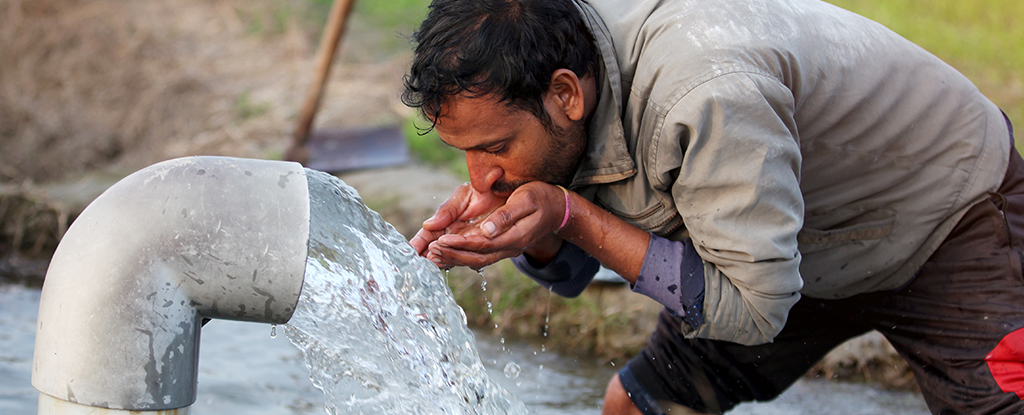
By the end of the century, tens to hundreds of millions could be deprived of even this tenuous supply of moisture as rising temperatures risk turning shallow groundwater supplies into toxic sumps.

Scientists have uncovered a new source of hazardous "forever chemical" pollution: the rechargeable lithium-ion batteries found in most electric vehicles.

Every few thousand years, the Sun unleashes a burst of high-energy particles that can have serious consequences for life on Earth.
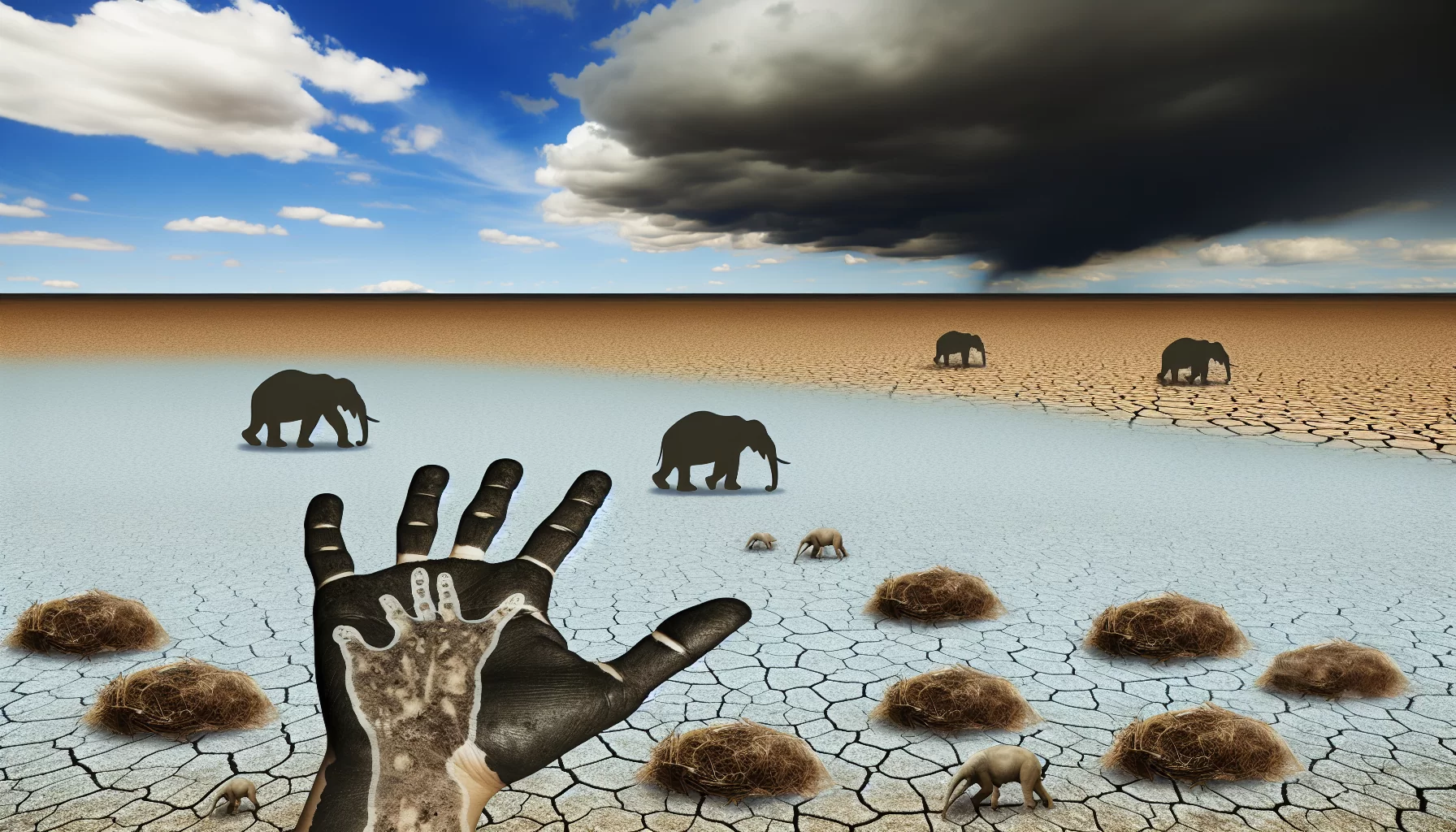
A recent study has shed new light on this topic, pointing the finger more directly at human activity as the major cause of this mass extinction.
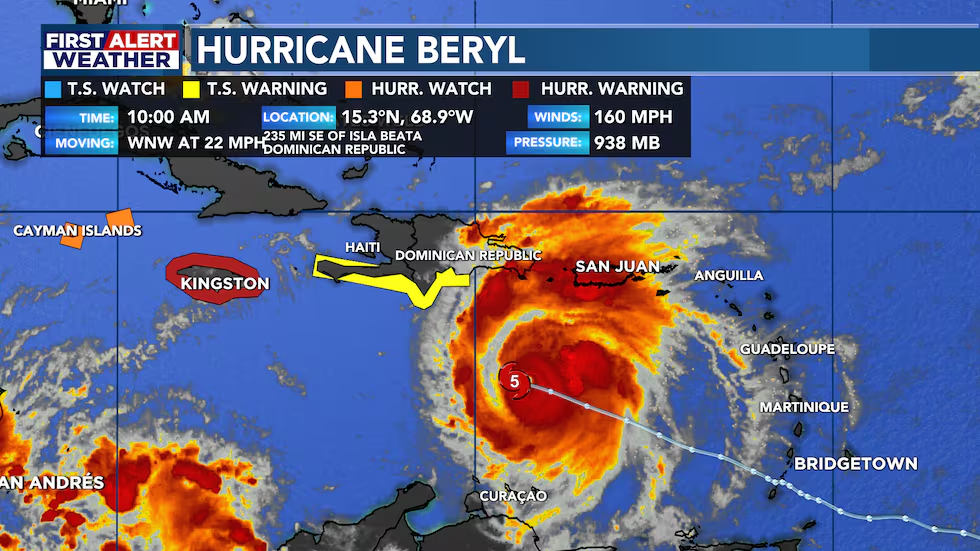
The hurricane has set a string of records that experts say are tied to climate change, as it developed faster and much earlier in the year.
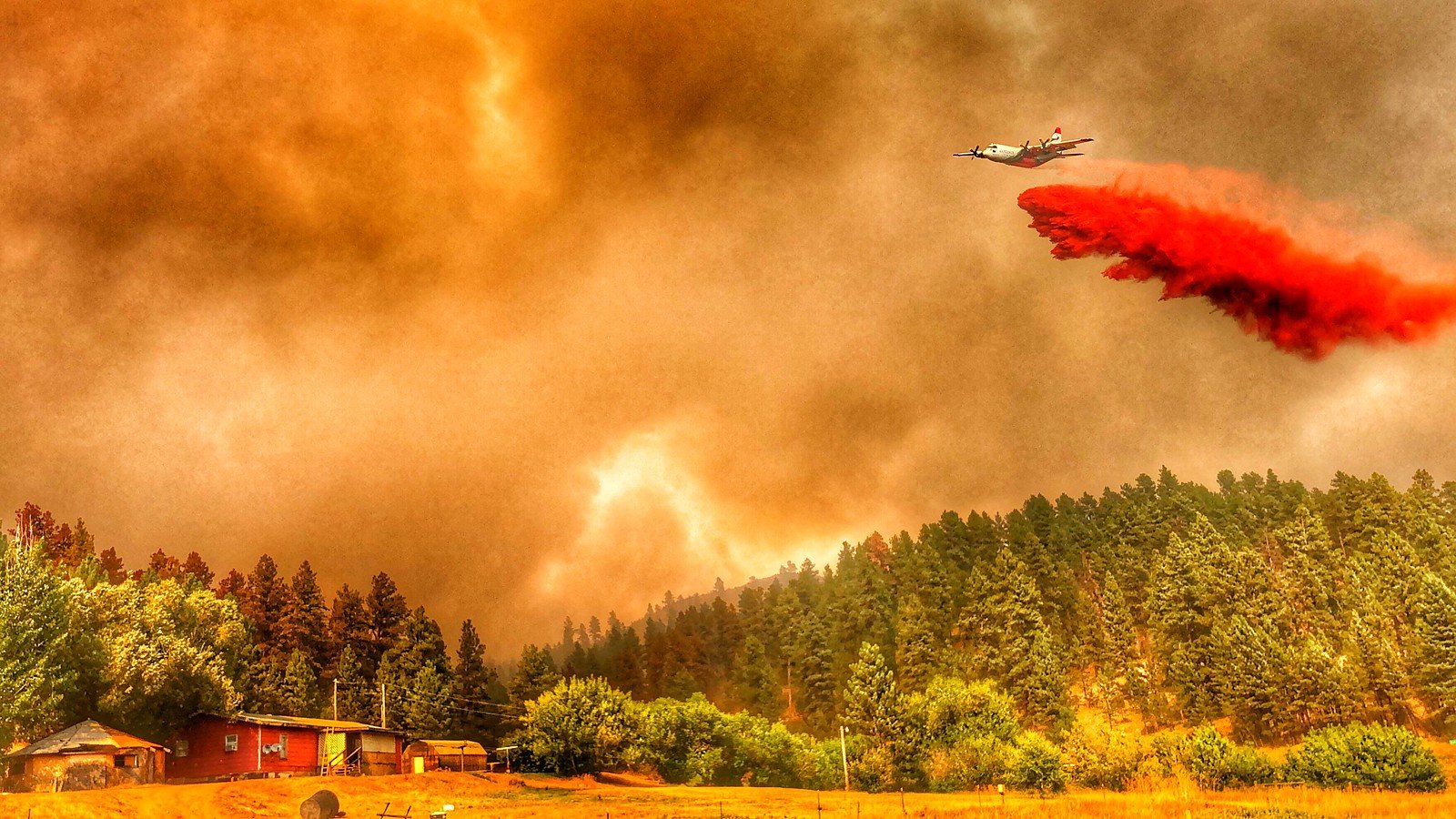
The climate crisis is driving an exponential rise in the most extreme wildfires in key regions around the world, research has revealed.
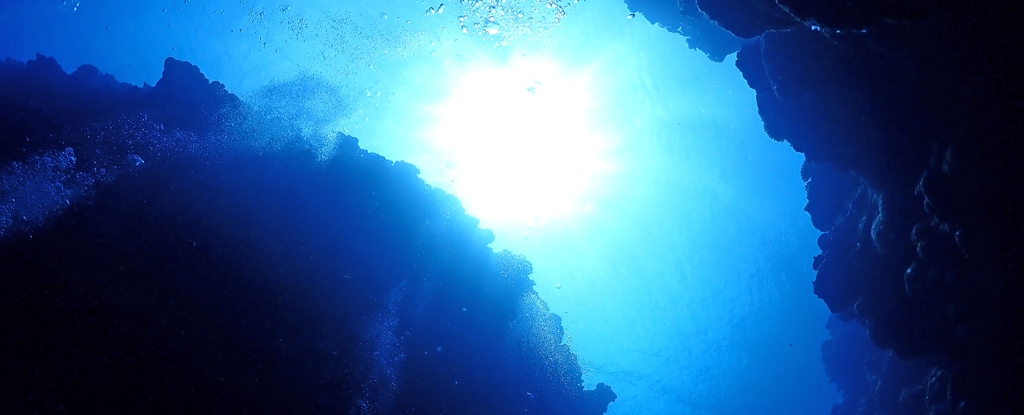
A major solution to the climate crisis may lie at the bottom of the ocean. Across the planet, basalt rock deposits on the sea floor have the potential to trap carbon dioxide, removing the heat-trapping gas from our atmosphere.
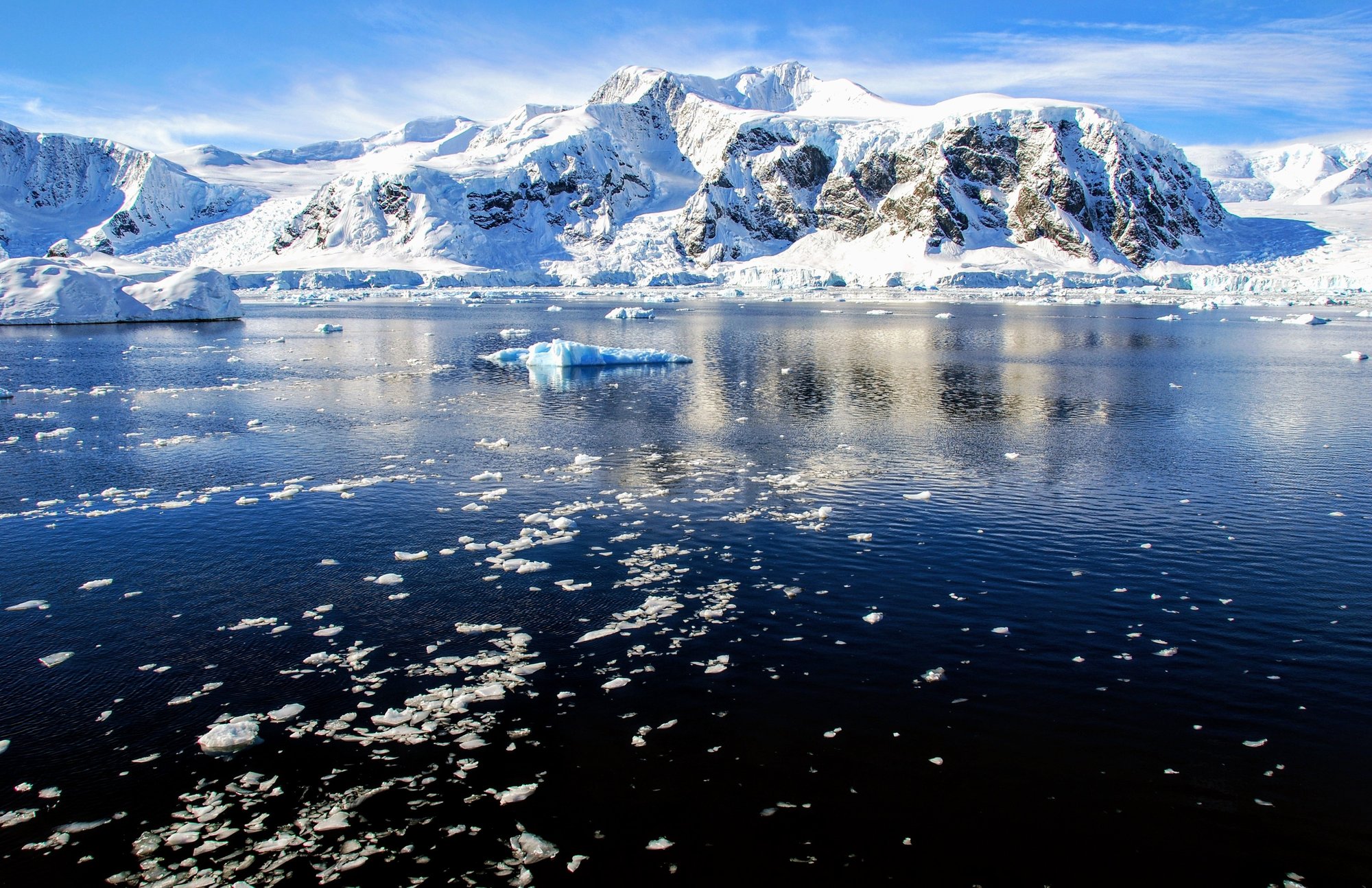
Ice sheets, the massive frozen expanses covering Antarctica, are harboring a hidden threat beneath their surface.

The loss of wolves to the region has been largely overlooked by humans, even in our scientific research, but the impact of their absence is written loudly in the missing trees.
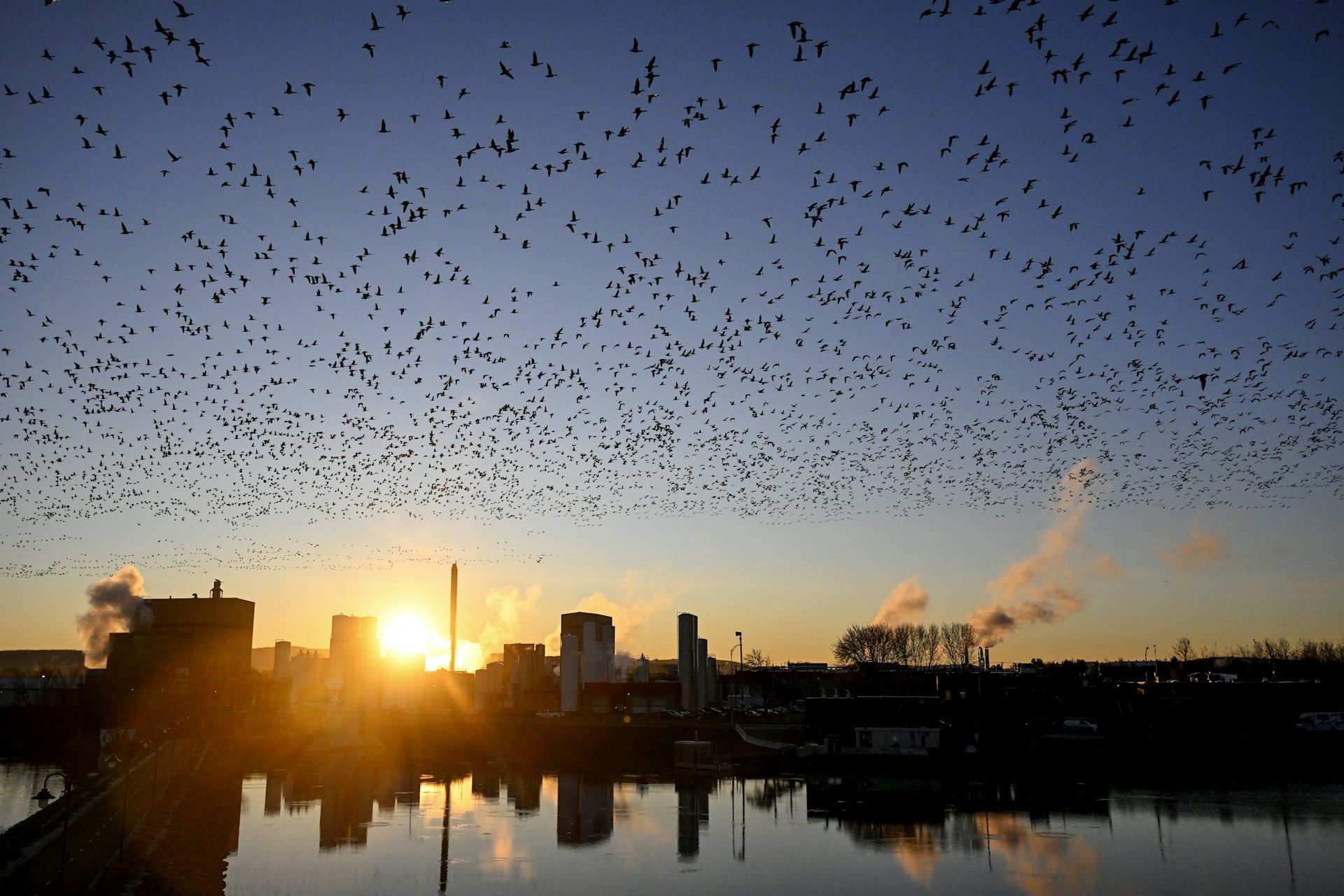
H5N1 is the latest evidence that climate change is altering how viruses spread and evolve. It is essential that global public health officials take these dynamics into account.
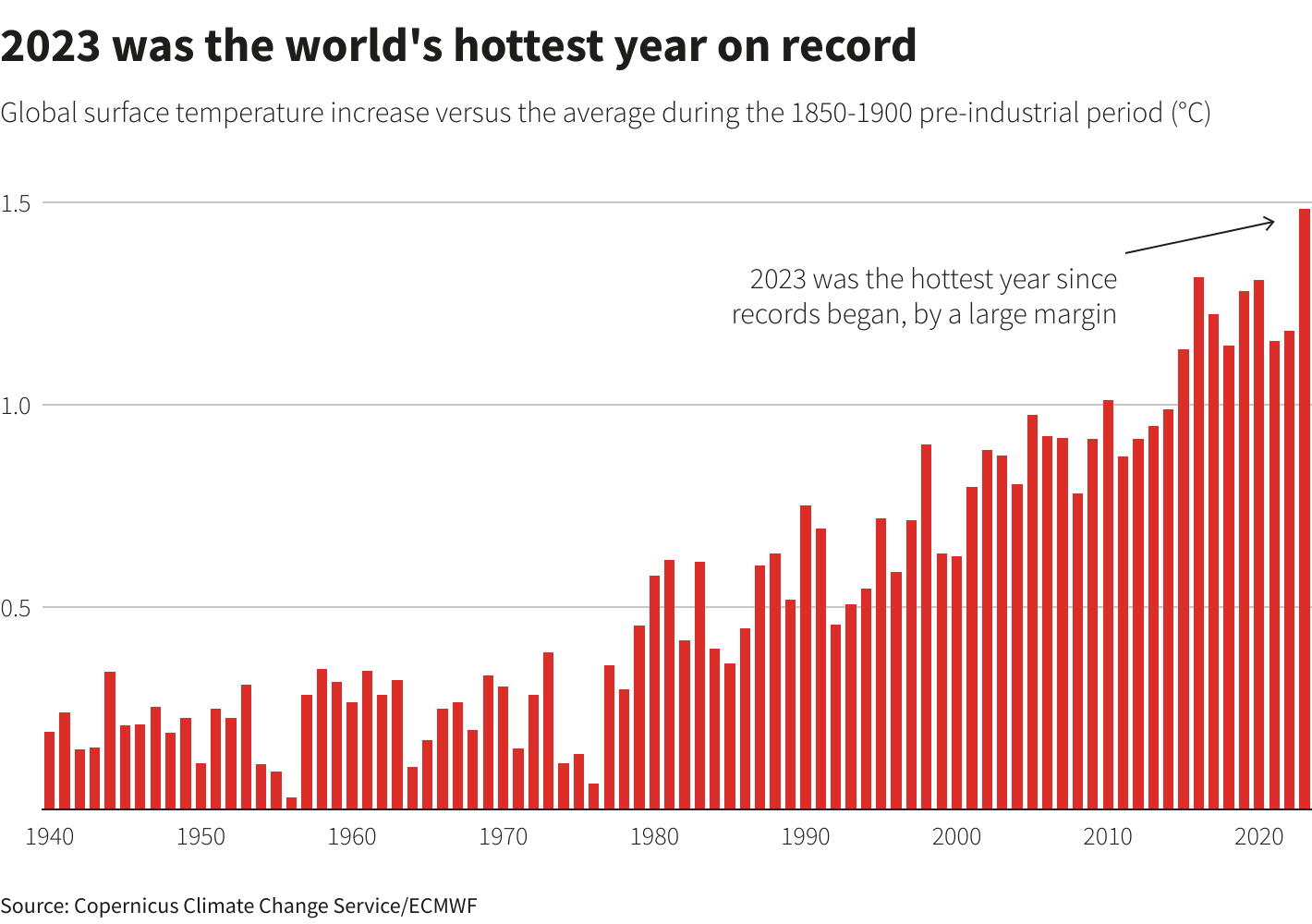
May capped a full year of monthly record-breaking temperatures. Globally, rising heat is causing hundreds of deaths, disrupting education and displacing communities.
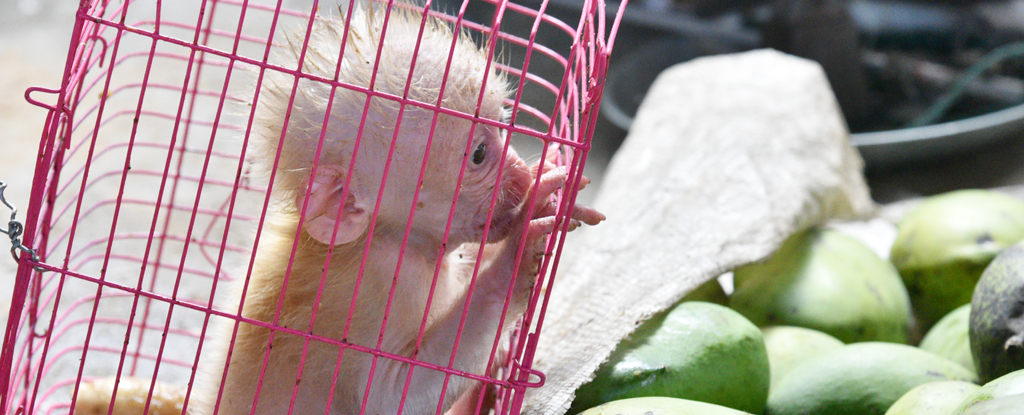
Around 4,000 species of plants and animals are victims of illegal wildlife trade globally, according to the latest World Wildlife Crime Report.

The consumption of ultra-processed foods (UPFs) may be associated with insomnia experienced by an estimated one third of adults, a report has revealed.
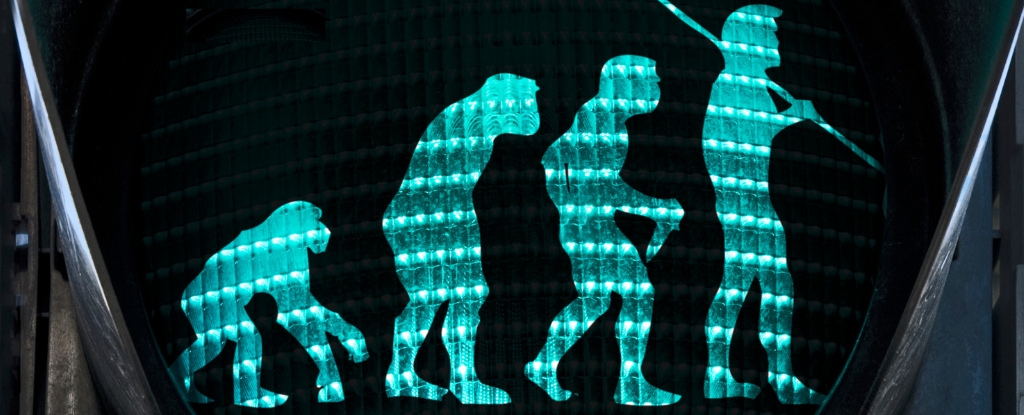
Research is showing that many of our contemporary problems, such as the rising prevalence of mental health issues, are emerging from rapid technological advancement and modernisation.
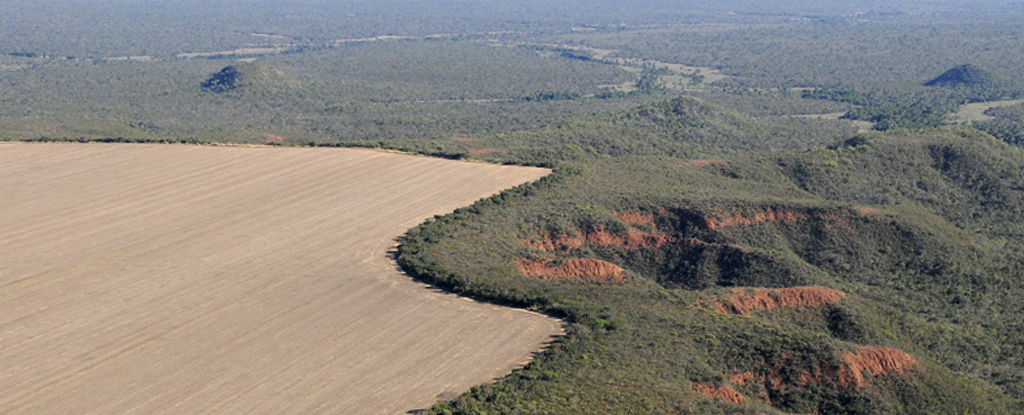
Up to 50 percent of rangelands are now degraded, a new report from the United Nations (UN) finds. Alongside climate change, many other problems are contributing to rangeland demise, mostly stemming from poor land management.